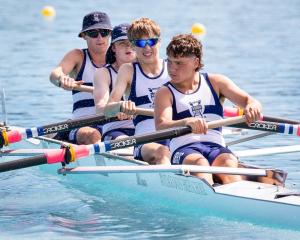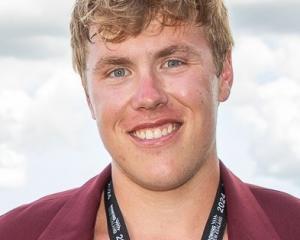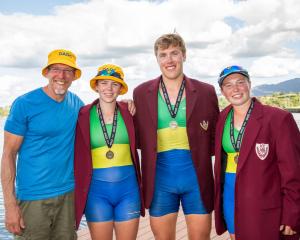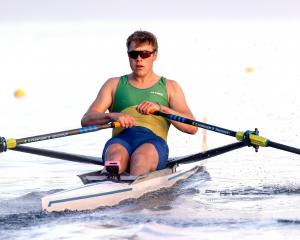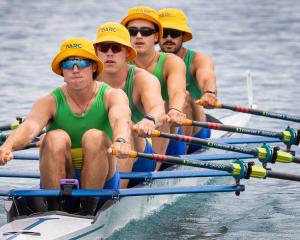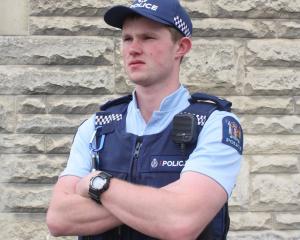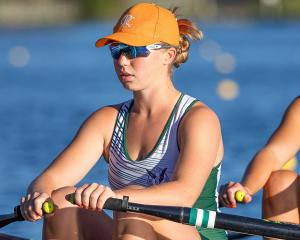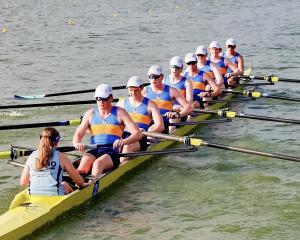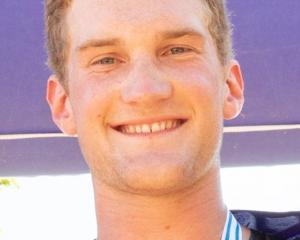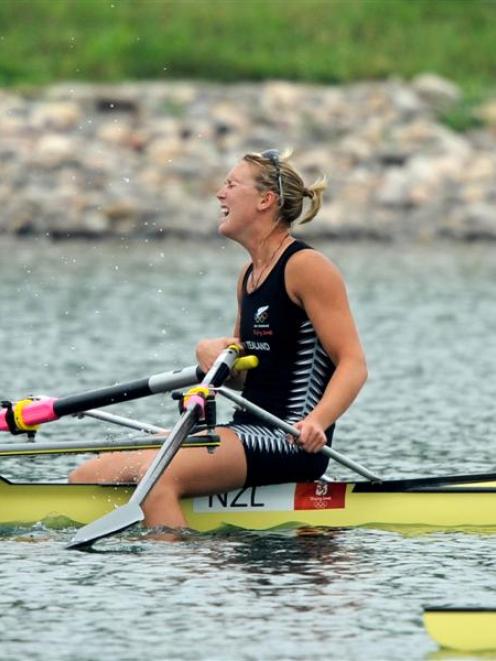
The 27-year-old single sculler has completed nine years in Rowing New Zealand's elite programme, culminating in her first world title last week.
Yet she will receive no government funding in the next 12 months because of her decision to train outside the sport's centralised programme at Lake Karapiro.
Twigg has been accepted into the one-year post-graduate Fifa masters course in the management, law and humanities of sport, taught across universities in Leicester, Milan and Neuchatel. Fees and living expenses are likely to be in excess of $100,000 - she says sponsors have indicated they intend supporting her.
The course should open doors to prestigious sporting positions when Twigg retires but RNZ see the move as a potential disruption to her Olympic preparations.
Both parties have discussed the matter but compromise was limited.
Twigg argued the flexibility of single sculling meant she could train around study commitments. RNZ were not convinced, suggesting she defer entry until the year after the Olympics when they would be prepared to offer a sabbatical similar to Mahe Drysdale's after London. Twigg declined that offer.
The governing body argued 2015, Olympic qualifying year, was too important to have someone training away from the team. They were also concerned it would create an awkward precedent, especially with no shortage of athletes, such as double sculling world champions Fiona Bourke and Zoe Stevenson, capable of staking their own claim to the boat. Nine single sculling spots can be qualified at the 2015 world championships in France.
"Emma's got every right to do this but we don't see it as the best timing," RNZ chief executive Simon Peterson said. "We've offered Emma access to her coach Gary Hay and physiologist Dan Plews, but it's not like being monitored against other athletes every day."
Twigg knew the chances of her plan being accepted were limited as she embarks on a journey which, at best, will see her a pioneer or, at worst, a martyr.
"I respect the decision. They have a centralised programme that's working but it's frustrating because I've produced numerous medals and am trying to further myself academically. There doesn't seem to be a wider view of asking, 'how can we get you to Rio in the right physical and mental shape?'
"It's a risk for me, but an exciting one. I'll always have access to my boat, my bike, an erg[ometer] and the gym, just like athletes the world over who train either side of jobs or study. There will be no lack of motivation to get out of bed at 5.30am.
"Even an Olympic champion like Mahe had to work to get his sabbatical, but he took a complete break. I don't intend doing that. I'm not even taking a full month off [after the world championships].
"I put forward a proposal for my ideal scenario with funding and goals that could be set but, as it stands, I'll be re-entering the summer squad in late 2015."
In 2013, Twigg was coaxed back into the single after making some training tradeoffs, such as more cycling and high-intensity work to create variety in her regime.
She hopes her training data will provide RNZ with a compelling reason to select her to qualify the Olympic boat at next year's worlds.
The more realistic option is that someone else will qualify the boat before trialling against Twigg the following March in a re-enactment of the 2008 Drysdale-Rob Waddell duel before the Beijing Games.
Twigg doesn't want to contemplate the worst-case scenario.
"If no one qualified the seat, that'd be crazy. Going to the 'regatta of death' [the last qualifying option before the Olympics] should be unnecessary."
- By Andrew Alderson of the Herald on Sunday


